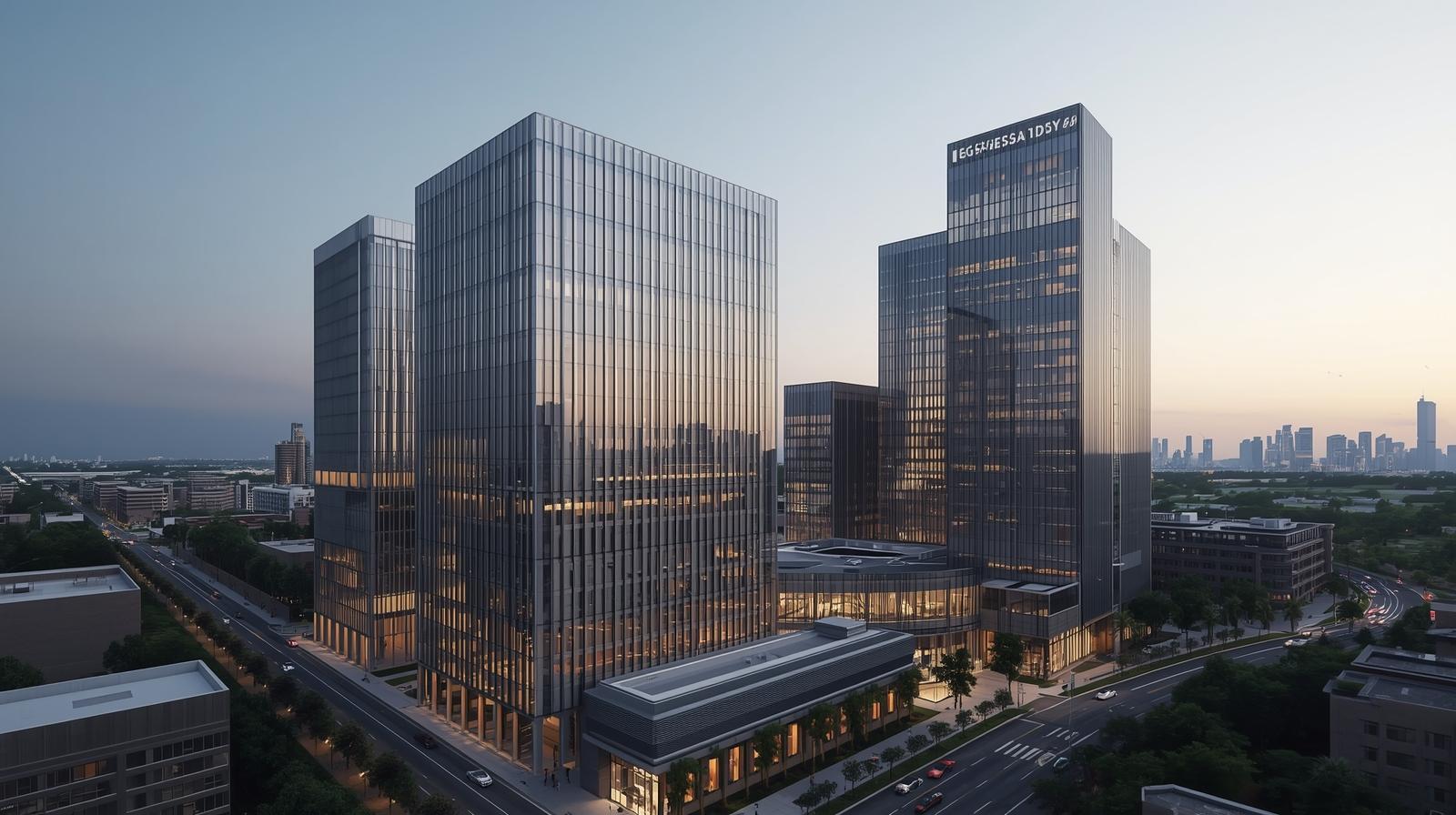Mortgage rates go up slightly as some lenders tighten restrictions on who qualifies for a home loan
Mortgage rates went up slightly this week — an indication that mortgage firms are changing their lending operations in response to the coronavirus.
The 30-year fixed-rate mortgage averaged 3.33% during the week ending April 16, representing an increase of two basis points from a week ago, Freddie Mac FMCC, reported Thursday.
The 15-year fixed rate mortgage increased six basis points to an average of 2.86%. The 5-year Treasury-indexed hybrid adjustable rate mortgage, meanwhile, fell six basis points over this last week, averaging 3.28%.
Mortgage rates rose this week in spite of the 10-year Treasury note’s yield TMUBMUSD10Y, 0.602% , which fell in response to major volatility in energy markets globally. Historically, mortgage rates have roughly followed the direction of long-term bond yields, but that relationship has weakened amid the coronavirus crisis.
“While investors kept bond rates at historic levels under 1.0 percent, mortgage rates did not follow on a downward arc due to the fact that banks and lenders are pricing loans for the higher risk they are assuming by raising FICO FICO, -0.53% scores and down-payment requirements,” said George Ratiu, senior economist at Realtor.com.
Banks are imposing stricter standards for new borrowers
The rise in rates also comes as lenders are rethinking who they will lend to amid the coronavirus pandemic. “Lenders are announcing more stringent underwriting requirements and exiting some products completely,” said Tendayi Kapfidze, chief economist at LendingTree TREE, +2.38% . “This means many potential homebuyers and those looking to refinance will have greater difficulty accessing credit.”
JPMorgan JPM, +0.05%, one of the country’s largest lenders, has raised the requirements borrowers must meet to be eligible for most new home loans, Reuters first reported last week. Customers will need a credit score of at least 700 to qualify and must have saved funds equivalent to a 20% down payment.
Amy Bonitatibus, chief marketing officer for JPMorgan Chase’s mortgage business, told Reuters the changes were made “due to economic uncertainty” so that the bank could “more closely focus on serving our existing customers.”
Other mortgage companies have followed suit in tightening certain requirements. And Flagstar FBC, +3.71% which was the 10th largest mortgage lender in the country by total loan volume as of 2018, has raised the minimum credit score for new FHA, VA and USDA purchase loans to 680. For cash-out refinances, the bank now requires that borrowers have at least a 700 credit score.
Depending on the type of loan, that equates to an increase in the minimum credit score of between 20 and 40 points, said Kristy Fercho, executive vice president and president of mortgage at Flagstar Bank.
“JPMorgan is one of the top originators in the market, and they in some ways set the standard for what other lenders are going to do,” Fercho, who is also the vice chairman of the Mortgage Banker Association, said. “And so you pay attention when JPMorgan makes changes like that.”
If a lender doesn’t make changes after one of the largest companies in the industry does so, Fercho said, they risk the possibility of attracting borrowers in worse financial shape who might be more likely to go into default.
‘JP Morgan is one of the top originators in the market, and they in some ways set the standard for what other lenders are going to do.’— Kristy Fercho, president of mortgage at Flagstar Bank
The Federal Housing Finance Agency this week announced that Fannie Mae FNMA, +2.28% and Freddie Mac could buy loans in forbearance — a sign that lenders have been closing mortgages, only for borrowers to soon need to stop making payments because of income loss related to the coronavirus.
Beyond imposing stricter standards in terms of credit scores and down payments, mortgage lenders have taken other steps to prevent the possibility of making risky home loans.
As part of the underwriting process, lenders are required to verify a borrower’s employment. Typically that’s done around 10 days before the loan is closed, but now some lenders are moving toward doing this verification on the day of closing in response to the tumultuous economic landscape.
“People are losing jobs at such an alarming rate across America that we want to verify the day of closing that they are still employed,” said Mat Ishbia, president and CEO of United Wholesale Mortgage.
Also see:These U.S. housing markets are most vulnerable to a coronavirus downturn
Additionally, United Wholesale Mortgage and Wells Fargo WFC, -1.00% are putting into place different reserve requirements for self-employed borrowers.
Lenders stress that these changes are temporary, and time will tell how quickly mortgage companies return to business as usual. “You just want to make sure that you’re setting people up for success so that they’ll be able to stay in that home,” Fercho said.










Related Posts